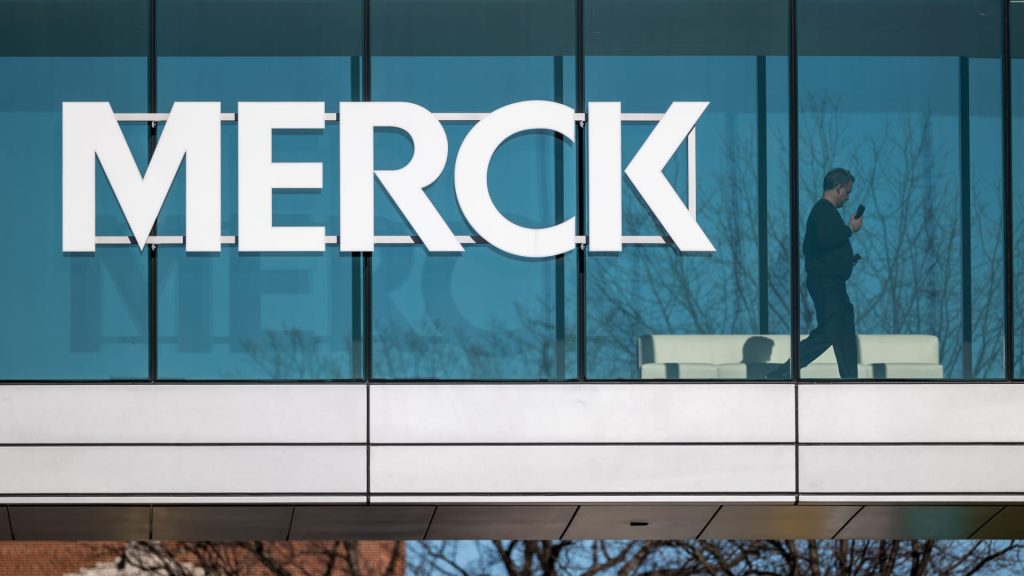The Food and Drug Administration recently approved a drug from Merck called Winrevair to treat pulmonary arterial hypertension (PAH), a life-threatening lung condition affecting around 40,000 people in the U.S. Winrevair is the first drug to target the root cause of PAH, unlike other available medicines that only help manage symptoms. The condition occurs when the blood vessels in the lungs narrow, leading to high blood pressure in the arteries and potential heart damage. The drug, an injection administered every three weeks, is expected to be available in select specialty pharmacies in the U.S. by the end of April and is priced at $14,000 per vial before insurance.
The approval of Winrevair is significant for Merck, as the company aims to diversify its revenue stream with the drug expected to reach worldwide annual sales of $5 billion by 2030. The therapy was acquired through Merck’s purchase of Acceleron Pharma in 2021, estimating PAH to be a $7.5 billion market by 2026. The FDA’s decision, based on data from a late-stage trial involving over 300 patients, showed that Winrevair, when combined with an existing therapy, increased patients’ ability to walk more in six minutes compared to a placebo. The drug also improved secondary goals and reduced the risk of death or worsening of the condition by 84% compared to the existing therapy alone.
Winrevair offers the advantage of being able to be self-administered by patients or caregivers, unlike some existing PAH treatments that require infusion at medical centers. The drug is intended to improve exercise capacity, lessen the severity of PAH, and reduce the risk of disease progression when used alongside existing therapies. Common side effects of Winrevair include nose bleeds, headaches, and rashes. Merck is conducting additional trials on patients with advanced PAH and those within the first year after diagnosis, with completion expected around 2025 and 2026.
Merck’s Chief Medical Officer expressed enthusiasm for Winrevair as a “paradigm shift” for PAH patients, offering them improved mobility and quality of life. Patients with PAH can benefit from the drug’s ability to be self-administered at home, providing greater convenience and autonomy in managing their condition. The company anticipates that Winrevair will emerge as one of its largest growth drivers, with substantial global sales predicted by the end of the decade. The FDA’s approval of Winrevair marks a significant milestone in the treatment of PAH and provides hope for patients living with this challenging condition.
Overall, the approval of Winrevair represents a major advancement in the treatment of PAH, offering a novel therapeutic option that targets the root cause of the disease. With potential sales of $5 billion by 2030, the drug is expected to significantly impact Merck’s revenue and growth trajectory. Patients with PAH can look forward to improved outcomes with the addition of Winrevair to their treatment regimens, providing greater mobility and quality of life. The drug’s self-administration feature also enhances convenience for patients and caregivers, setting a new standard in PAH treatment. With ongoing trials and continued research, Merck is committed to further exploring the potential of Winrevair in improving outcomes for patients with this challenging condition.















